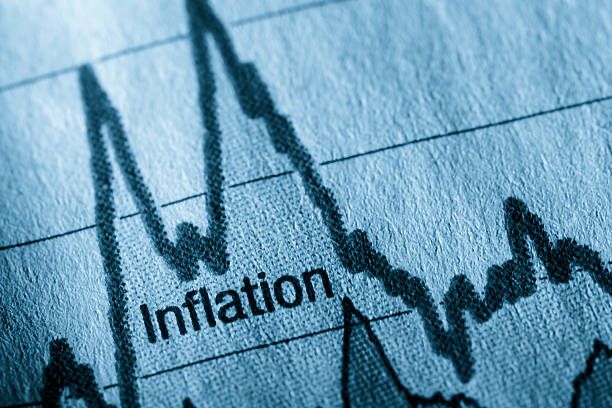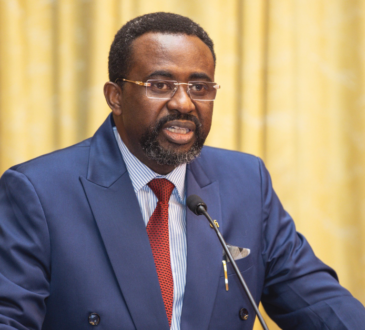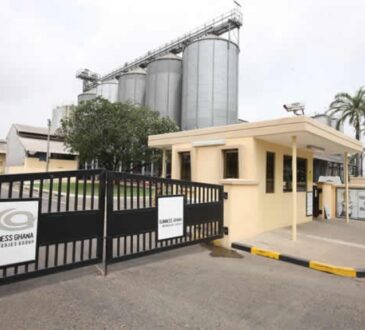
Ghana’s inflation is projected to decrease to between 15% and 18% by the end of 2024, according to Deloitte’s West Africa Economic Outlook. The report anticipates further reductions in inflation, potentially falling below 10% by 2026, assuming stable economic conditions.
However, Deloitte warned of potential risks that could affect this outlook, noting that rising consumer prices remain a significant challenge in West Africa. While Ghana’s inflation appears to be easing, inflationary pressures continue to persist in Nigeria.
Since August 2023, Ghana has experienced a steady decline in inflation, driven by tight monetary policy, ongoing fiscal consolidation, and relatively stable transportation costs. The country’s annual inflation rate has dropped from a peak of 54.1% in December 2022 to a 27-month low of 20.9% in July 2024.
Deloitte expects the disinflation trend to continue in the second half of the year, with the Bank of Ghana targeting year-end inflation of 15%, plus or minus 2%. However, the firm cautioned that election-related spending and currency volatility could pose risks to achieving this target, potentially leading to demand-pull inflation.







